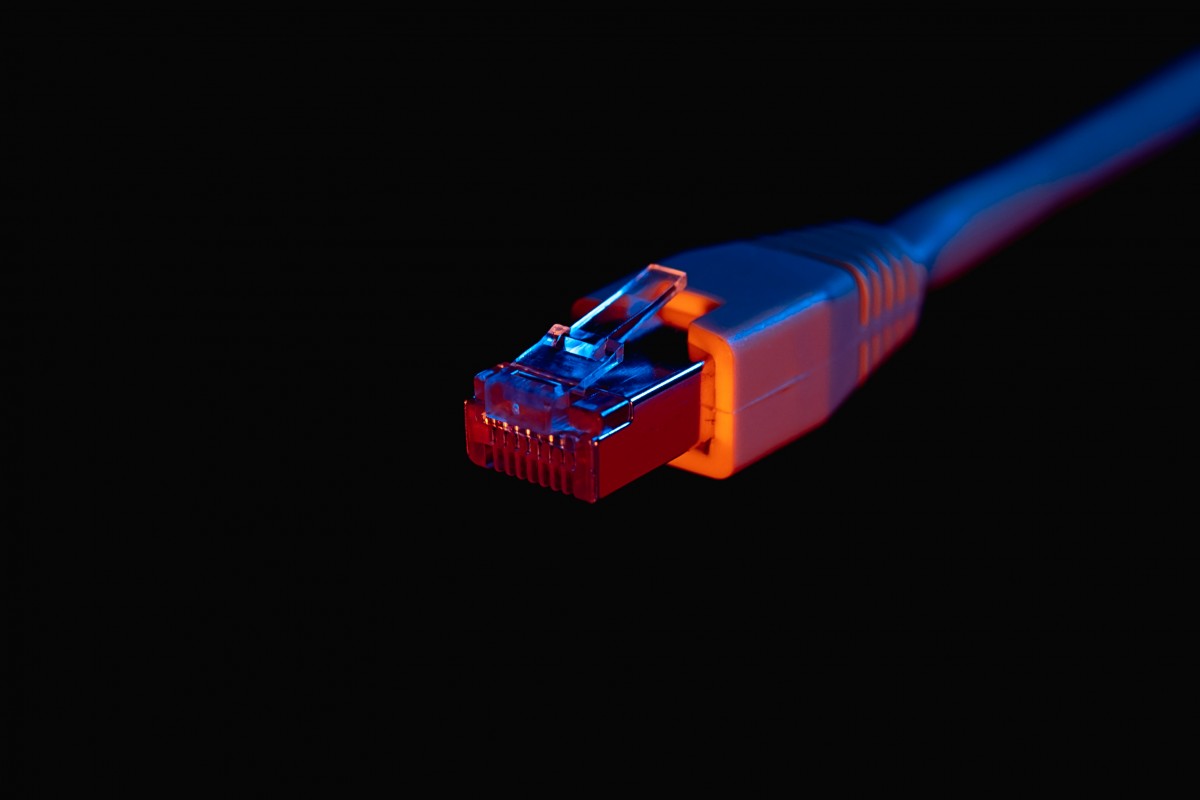2019 will see further convergence of technology, social media, and entertainment. As the lines continue to blur across traditional media and social sharing platforms, competition between distributors and content creators will be stronger than ever, further fueling market consolidation, as well as mergers and acquisitions.
5G is expected to propel on-demand entertainment and media offerings, enabling new levels of connectivity and instantaneous access to content anytime, anywhere. With the shift to the on-demand economy, subscription revenues are well poised to match advertising revenues, and even displace digital advertising in some areas where advertising has long been preeminent.
The value of media, music and sports rights will continue to grow exponentially. As tech giants and powerhouses, such as Netflix, Amazon, Google, Facebook, and Apple, continue to dominate the new landscape, most other players will have to find their niche with highly targeted delivery, personalized micro-services, and original offerings.
Choose-your-own adventure will be trialed
Unsurprisingly, the ability to deliver personalized offerings is highly valued both by consumers and advertisers. Technology will continue to enable new and improved personalization. Netflix, for example, is starting to make forays into choose-your-own-adventure style programming, with the viewer making decisions as the show unfolds, changing the course of the story.
Combining compliance and personalisation will be a challenge
At the same time as technology is expanding the scope of personalization, regulation is limiting it. The post-GDPR world demands compliance with a much more restrictive regulatory regime, changing not only the rules but also the trust relationships between platforms, brands and consumers.
Virtual Assistants will be the next battleground
Intelligent data collection, visualization and analytics will be crucial for success in content creation, distribution, monetization and user experience. Artificial intelligence (AI) will be leading the way for tailored recommendation services, targeted content and ad delivery, and even original programming and content creation. AI-enabled virtual assistants will become the next battleground in the connected environment of in-home and out-of-home entertainment.
AR will surpass VR
One intriguing goal of personalization is developing interactive experiences where consumers can fully engage with the created environment, enjoying their own unique experience and story. Supported by evolving technologies of 360-degree video/photos, virtual reality (VR) and augmented reality (AR), immersive experiences are starting to take shape, finding their way into journalism, education, music and sport events.
Thus far, the hardware category within the AR/VR market accounted for a lion’s share of the overall revenue (est. 67% in 2017). As the hardware become more evolved and accessible, the software sector is projected to experience higher growth. The AR market is well positioned to surpass VR in revenue, and mobile AR is forecast to dominate the AR/VR ecosystems for the foreseeable future.
It will be fun
The technology landscape is evolving at a pace unprecedented in history, propelling the industry and its leaders forward. It’s an incredible time to be in the industry and to be a part of a transformational time that will change the industry as we know it.




